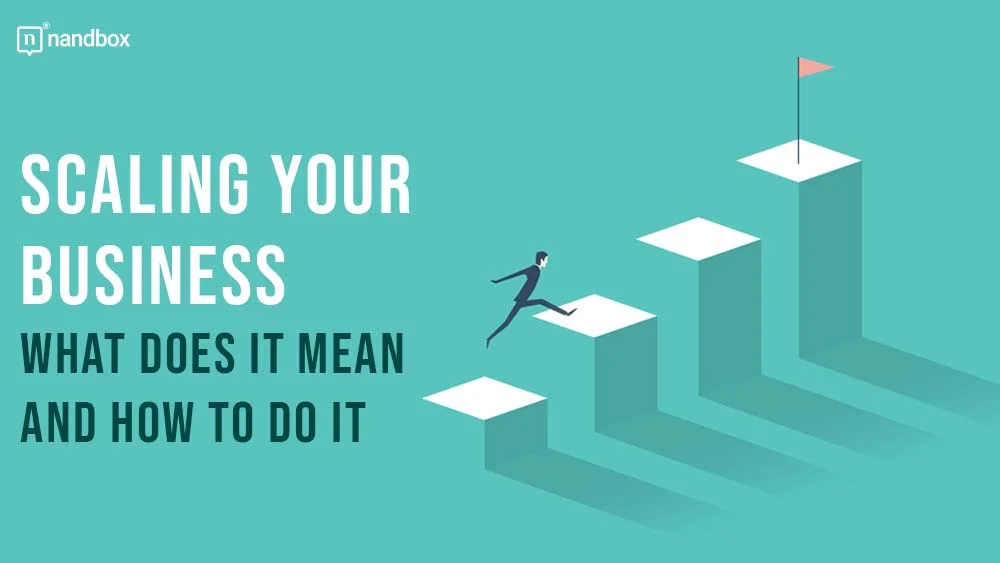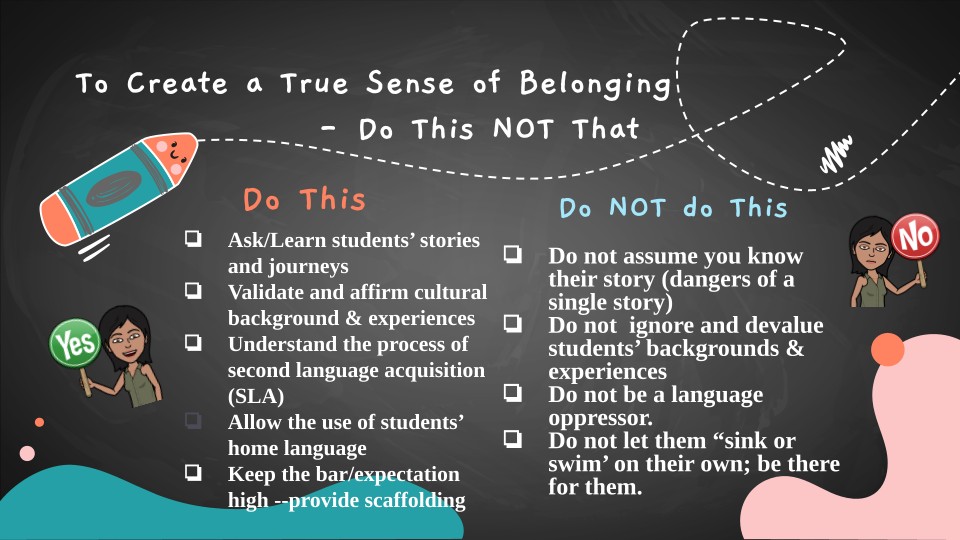Starting a business is often portrayed as a thrilling leap into independence and opportunity. The excitement of turning an idea into reality, building something from the ground up, and controlling one’s own destiny is undeniably enticing. Yet, looking back on my own journey, there are several lessons I wish I had known before embarking on this path. These insights are not about avoiding failure but about understanding the nuanced realities of entrepreneurship—realities that can make the difference between enduring early struggles and navigating them with greater ease.
One of the first things I underestimated was the sheer volume of unexpected challenges that come with running a business. It’s one thing to have a solid business plan on paper, but quite another to face the realities of day-to-day operations. Early on, I assumed that a good product or service would naturally lead to success. However, the process of managing finances, building a customer base, handling administrative tasks, and dealing with unforeseen complications demands much more time and energy than I initially anticipated. For example, marketing isn’t just about promoting your product—it’s about understanding your audience, refining your message, and adapting quickly to feedback. The complexity of these responsibilities requires a level of multitasking and resilience that no textbook or startup seminar truly prepares you for.
I also wish I had grasped the importance of building a reliable support network from the very beginning. Entrepreneurship can feel isolating, especially in the early stages when you’re juggling multiple roles and trying to make progress on all fronts. Having mentors, peers, or advisors who understand the journey can be invaluable. Their guidance offers not only practical advice but also emotional encouragement when doubts creep in. Reflecting on my experience, those moments of uncertainty and self-questioning were easier to navigate when I reached out to others who had been there before. Without this network, I found myself reinventing the wheel or making avoidable mistakes that slowed growth. Cultivating relationships with other business owners and industry experts proved to be a crucial component in accelerating learning and building confidence.
Another reality that took me by surprise was the importance of financial discipline. Passion and vision are essential, but without careful financial management, a business can quickly become unsustainable. Early enthusiasm can sometimes cloud judgment, leading to overspending on unnecessary expenses or misjudging cash flow needs. For instance, I recall investing heavily in equipment and office space before fully validating market demand. This misstep strained my finances and forced difficult decisions later. Understanding the balance between investing in growth and maintaining liquidity is a skill that develops over time, but I wish I had prioritized it more from the outset. Knowing how to read financial statements, forecast expenses, and plan for contingencies is fundamental for anyone serious about long-term success.
Additionally, the reality of how long it takes to build momentum was a humbling lesson. In the early days, it’s easy to expect quick wins and rapid progress. Yet, most businesses grow steadily rather than suddenly. Customer acquisition, brand recognition, and operational efficiency evolve gradually. This slower pace requires patience and a commitment to incremental improvement. There were times I became frustrated with the lack of immediate results, but over time I realized that sustainable growth is more important than fleeting spikes. For example, some of the most valuable clients came months or even years after I first reached out. Those relationships were nurtured through consistent effort and delivering value, not quick sales pitches. Understanding this long game helps temper expectations and keeps motivation steady even when the path seems slow.
The entrepreneurial mindset itself is another area I wish I had prepared for more thoroughly. Being a business owner means embracing uncertainty and change as constants. Plans will shift, strategies will need adjustment, and setbacks are inevitable. Developing adaptability and emotional resilience is as critical as any technical skill. I learned that success often depends on the ability to stay calm under pressure, to pivot when necessary, and to view challenges as opportunities for growth rather than failures. Early on, I sometimes took setbacks personally or hesitated to change course out of fear. Over time, I recognized that flexibility and a growth-oriented mindset are indispensable in navigating the unpredictable landscape of business.
One subtle but impactful realization is how much of entrepreneurship involves communication and relationship-building. It’s not just about delivering a product or service; it’s about creating trust with customers, suppliers, partners, and employees. Effective communication fosters collaboration, clarifies expectations, and strengthens loyalty. I found that investing time in listening and understanding others’ perspectives often yielded better outcomes than pushing my own agenda. For instance, taking the time to solicit feedback from customers led to improvements that increased satisfaction and repeat business. Similarly, transparent communication with team members helped build a more motivated and cohesive workforce. This relational aspect of business can easily be overlooked in favor of focusing solely on numbers or product development, but it is foundational to lasting success.
In hindsight, I also wish I had been more intentional about work-life balance. The passion and urgency of building a business can quickly consume all available time and energy, sometimes to the detriment of health, relationships, and overall well-being. Early on, I found myself working long hours without clear boundaries, convinced that sacrifices were necessary for growth. While dedication is important, neglecting personal well-being ultimately undermines productivity and creativity. Learning to set limits, delegate tasks, and prioritize self-care became essential to sustaining energy and enthusiasm. Business success is more fulfilling and sustainable when balanced with time for rest and personal fulfillment.
Overall, the journey of starting a business is richly rewarding but filled with complexities that are easy to underestimate. What I wish I had known before starting is that success depends as much on mindset, relationships, and adaptability as it does on the original idea or product. Preparation in these areas helps weather the inevitable storms and keeps motivation alive through ups and downs. By approaching entrepreneurship with a realistic understanding of its demands and embracing continuous learning, anyone can increase their chances of turning vision into lasting reality. For those just beginning, taking these lessons to heart can smooth the path ahead and transform challenges into stepping stones.





